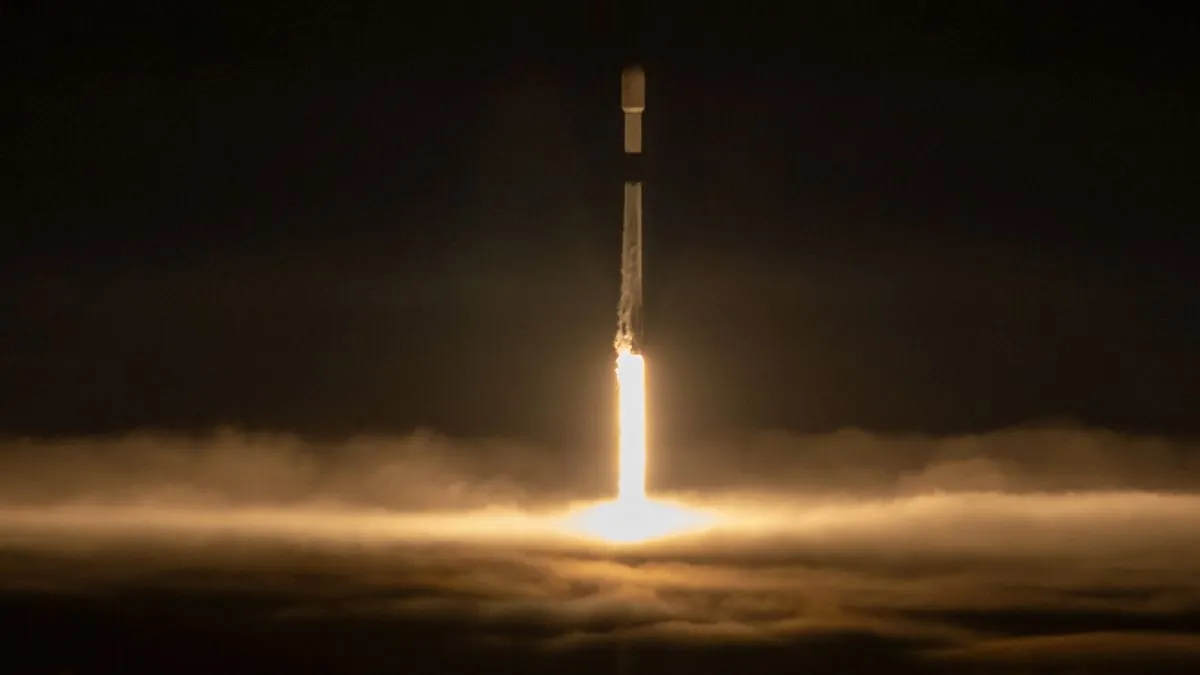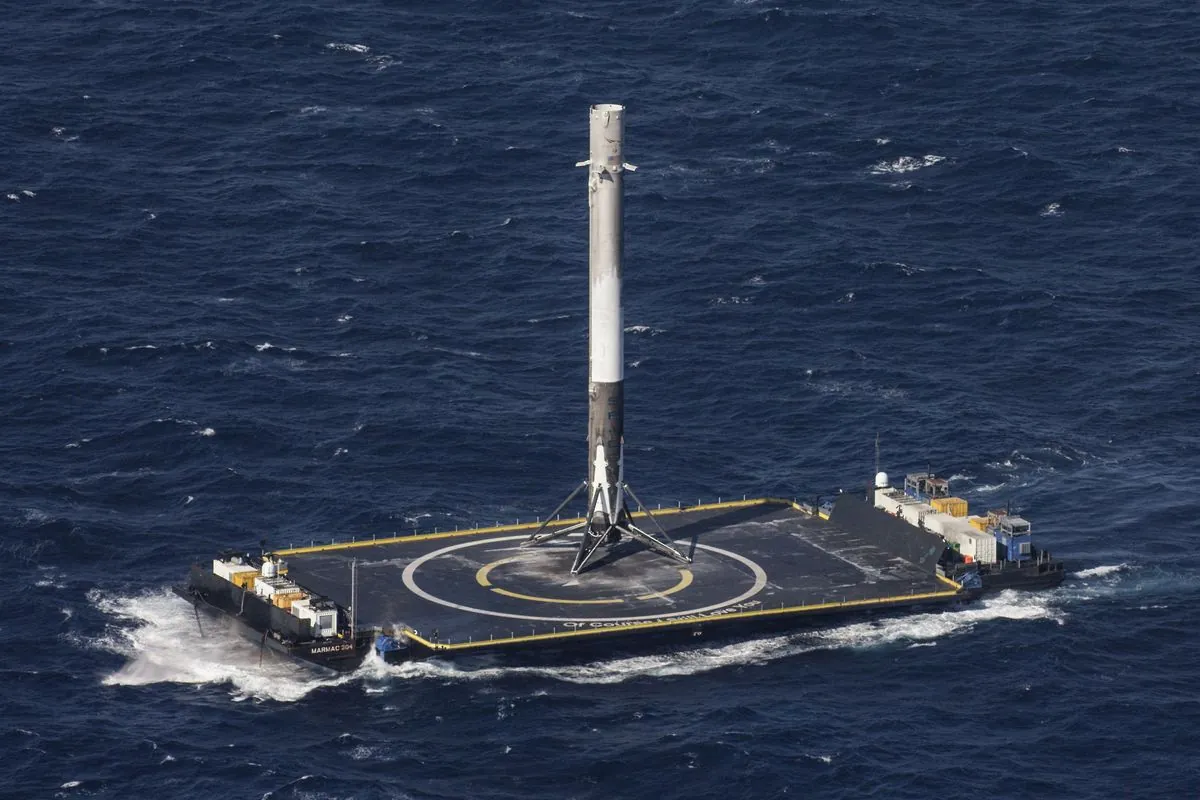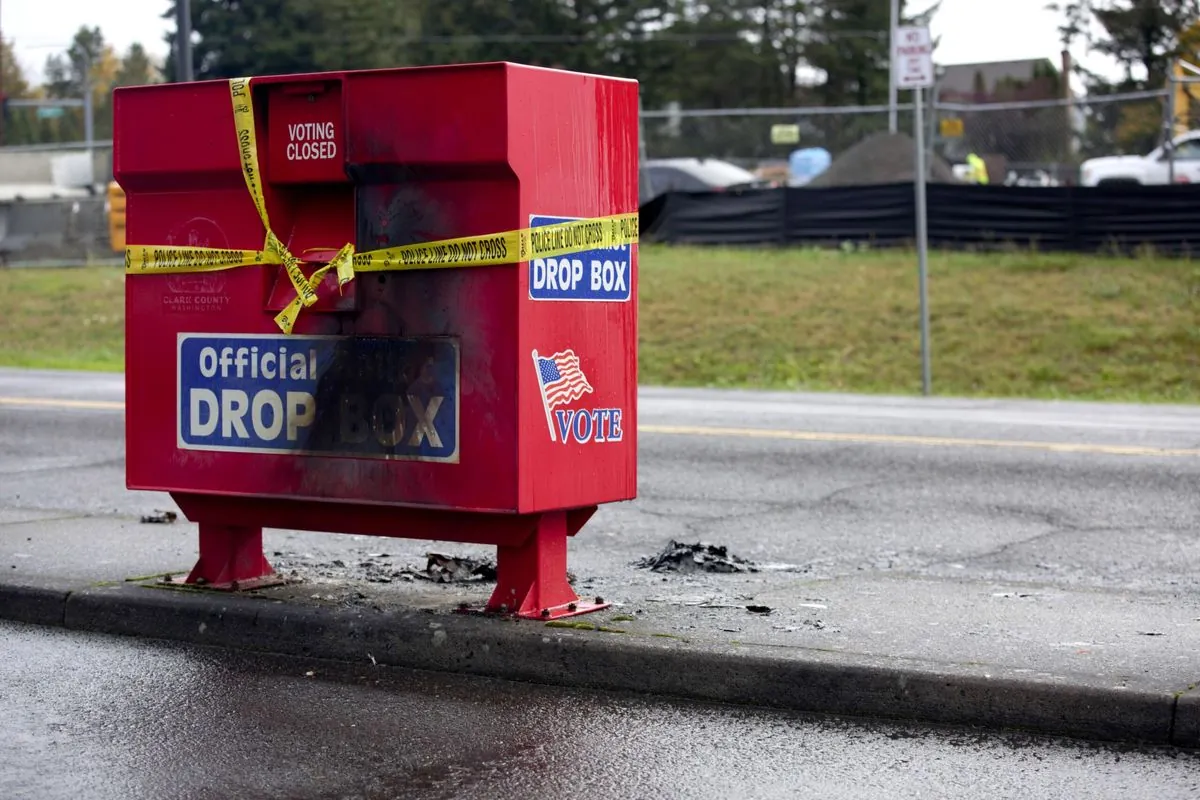SpaceX Polaris Mission Faces Delay After Booster Incident
SpaceX's civilian Polaris mission postponed due to Falcon 9 booster failure. FAA orders investigation, grounding rockets. Potential impact on ISS astronaut return mission in September.

The highly anticipated SpaceX Polaris mission, originally set for August 30, 2024, faces potential delays following an incident involving a Falcon 9 rocket booster. On August 27, a booster from an unrelated mission tipped over and exploded upon its return to Earth, prompting the Federal Aviation Administration (FAA) to order an investigation.

The FAA's directive has resulted in the grounding of all Falcon 9 rockets, including the one slated for the Polaris mission. This civilian expedition, which had already experienced setbacks due to weather conditions and equipment issues, aims to conduct a spacewalk and test a new SpaceX-designed spacesuit.
"We're just focused on recovery weather at this point. I think that is still gate to our launch."
Despite the setback, Jared Isaacman, who leads the Polaris mission, remains optimistic about minimal delays. However, the duration of the investigation and subsequent FAA approval process remains uncertain.
The incident occurred during the landing attempt of a Falcon 9 first stage booster on an autonomous spaceport drone ship early on August 28. This particular booster had previously completed 23 successful missions, highlighting SpaceX's generally reliable track record in rocket reusability.
It's worth noting that despite the booster failure, the primary mission objective of deploying Starlink satellites was successfully achieved. As of 2023, SpaceX had launched over 4,000 Starlink satellites, contributing to their global internet coverage constellation.
The ongoing investigation may potentially impact other SpaceX operations, including the scheduled return of two astronauts from the International Space Station (ISS) on September 24, 2024. These astronauts have been aboard the ISS since early June 2024, with their return journey initially expected in February 2025.
This incident underscores the challenges and risks associated with space exploration and the importance of safety protocols in the rapidly advancing field of commercial spaceflight. The Polaris Program, which aims to accelerate human spaceflight capabilities, represents a significant step in private space exploration initiatives.
As the space industry continues to evolve, the outcome of this investigation will be crucial in maintaining the balance between innovation and safety in human spaceflight endeavors.


































